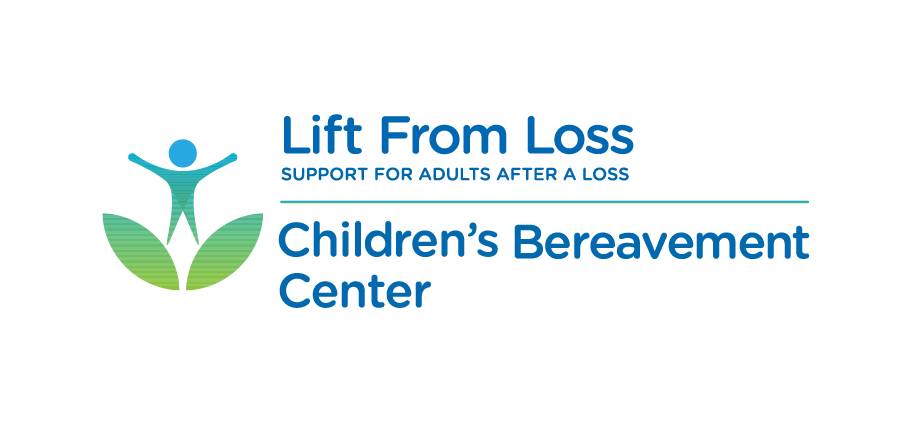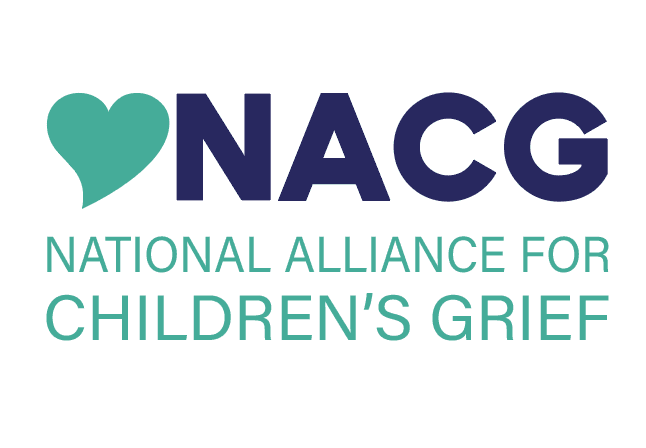The death of a loved one is particularly difficult. For children especially, the adjustment to the death of “Mom”, “Dad”, “Papa”, “Abuela” or any primary attachment figure can affect them on many levels. Obviously, the principal loss may be the relationship itself, but we should not forget all of the other areas of life that are impacted by a death. We call these, “secondary losses” and they can be equally significant in the experience of grieving children.
Imagine for a moment that Johnny’s father has died. Johnny is only 5 years old and we may mistakenly assume that his attachment to his father is not firmly established or as strong as that of an older sibling. Even a young child can miss the bond developed with a significant caregiver. Often however, it is the “secondary” loss issues that they respond to most strongly.
In our example, dad may have been the primary breadwinner, and now mom feels pressure to return to work and support the household. She is no longer as readily available to be with Johnny, may need to limit participation in school functions, or may simply not be able to be home for him when he first gets out of school. Johnny may feel that he has also lost a little of her since his dad died. Perhaps, both parents worked and now the family needs to downsize as an adjustment to the loss of income. Johnny needs to give away his dog, may have to change schools, or even lose the friends he was familiar with at their neighborhood park. While these changes are secondary to the death itself, they do have an impact on Johnny’s sense of support, safety, and identity. It might be as simple as not keeping the same schedule, having different foods in the house or new faces involved in Johnny’s daily routine that throw him off a bit. All these secondary losses can bring a response from Johnny that reflects his grief.
So what now?
It would be fair to say that the worst has already taken place. The death has already occurred. It is difficult to adjust, and change is sometimes scary for kids, but we are all capable of resilience. Support and consistency in the adjustment is most helpful.
- Keep routines where possible – Consistent schedules, rituals, and even bedtimes can help in making children feel more secure and comfortable after a death.
- Take your time with changes – There really is no need to rush in our response to the death. Some families respond by over doing the adjustment and may be better off just taking things a little at a time. Big things like moving, financial decisions, etc. should be done with consideration.
- Involve the kids – Often children have creative ideas for dealing with change and should be part of the discussion. How to deal with our first holiday, birthday, or anniversary since the death might be best answered by allowing the kids to have a voice. Sometimes new rituals are helpful in the adjustment.
- Ask what they think – Don’t assume that we have all the answers. Open the door to conversation. Establish what is really being asked. Children benefit from honest, clear, and age appropriate information. They may give us direction as to how we can help when we clarify what they are feeling first.
- Continued bonds - Sometimes kids just want daddy’s baseball cap or shirt as a memento, not his expensive watch. Don’t assume what objects, pictures or memories are important to a child. They may feel a connection to their loved ones through the simplest of things. Allowing children to be a part of reorganizing after loss helps them feel empowered.
Remember that children seek comfort, consistency and safety after loss. Changes in their environment, schedule, and support system can all contribute to their sense of insecurity. Paying attention to “secondary” changes can help us understand the issues behind some of their feelings and behaviors.
If you, or someone you know, have experienced the death of a loved one, the Children’s Bereavement Center offers support. FREE Peer Support Groups are available for kids, teens, young adults and their families in Miami-Dade and Broward. Contact (305) 668-4902 to register or find more information at www.childbereavement.org.
Written by
Peter Willig, LMFT, FT
Chief Operating Officer
Children’s Bereavement Center








